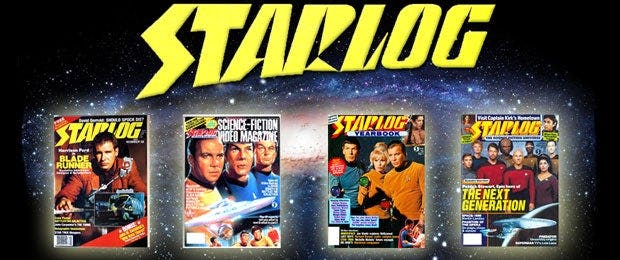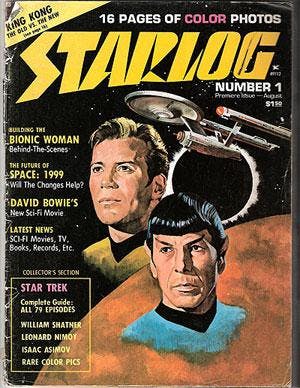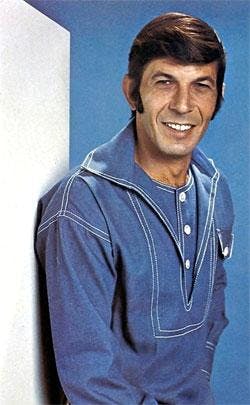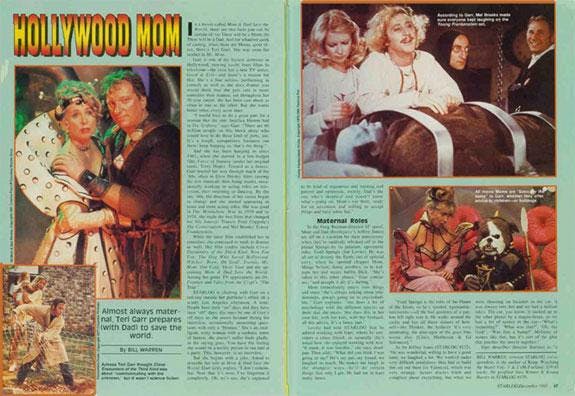Published Jun 3, 2013
Starlogging With David McDonnell: What Fresh New Interview Hell Is This?
Starlogging With David McDonnell: What Fresh New Interview Hell Is This?

Over the years, for Starlog and other outlets, I’ve edited several thousand interviews and conducted about 200 myself. I might have done more of the latter, but it wasn’t logical. Early on, I learned that in the time it took me to finish a piece of my own, I could edit three or four interviews by others. So, professionally, I could do more if, personally, I did less.



Apparently, Garr feared (correctly) that Starlog wanted to talk Trek and had to be persuaded to chat so as to promote her new flick. Warren sat down with her on the balcony of her publicist’s office for an in-person session and from there, things went sour. "I have nothing to say about it," Garr declared of "Assignment: Earth" in Starlog #173. "I did that years ago and I mostly deny I ever did it." Turns out she was glad the Gary Seven show didn’t go to series. "Thank God," Garr told Warren. "Otherwise, all I would get would be Star Trek questions for the rest of my natural life—and probably my unnatural life. You ever see those people who are Star Trek fans? The same people who go to swap meets."Well, there’s a quote that’s bound to not win friends and influence people—and that was my very thought as I initially edited Warren’s manuscript more than two decades ago (he had warned me the Garr conversation was akin to a bad date). I was flabbergasted that an actress I liked so much was so, well, amazingly hostile and negative about almost everything. This is why the Garr piece is one interview in a 30-year career that’s etched forever into my memory. Parts of it, verbatim.Warren changed tack and tried to steer Garr to somewhat safer harbors, her classic science fiction films Close Encounters and Young Frankenstein. "I don’t regard them as science fiction," Garr said. "I just consider them good movies." Oops! Did she just insult the rest of our readership?What can you do? Just move on—to the next interview.
__________________
David McDonnell, "the maitre’d of the science fiction universe," has dished up coverage of pop culture for more than three decades. Beginning his professional career in 1975 with the weekly "Media Report" news column in The Comic Buyers’ Guide, he joined Jim Steranko’s Mediascene Prevue in 1980. After 31 months as Starlog’s Managing Editor (beginning in October 1982), he became that pioneering SF magazine’s longtime Editor (1985-2009). He also served as Editor of its sister publications Comics Scene, Fangoria and Fantasy Worlds. At the same time, he edited numerous licensed movie one-shots (Star Trek and James Bond films, Aliens, Willow, etc.) and three ongoing official magazine series devoted to Trek TV sagas (TheNext Generation, Deep Space Nine, Voyager). He apparently still holds this galaxy’s record for editing more magazine pieces about Star Trek in total than any other individual, human or alien.
Copyright 2013 David McDonnell

